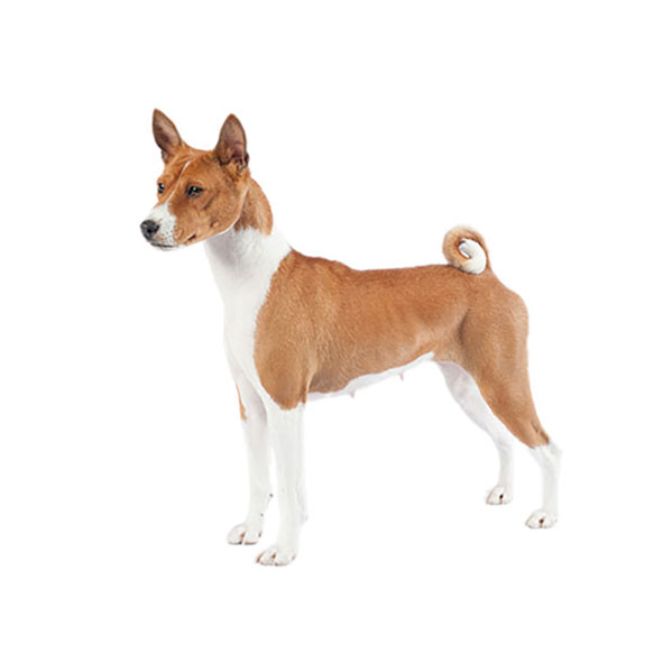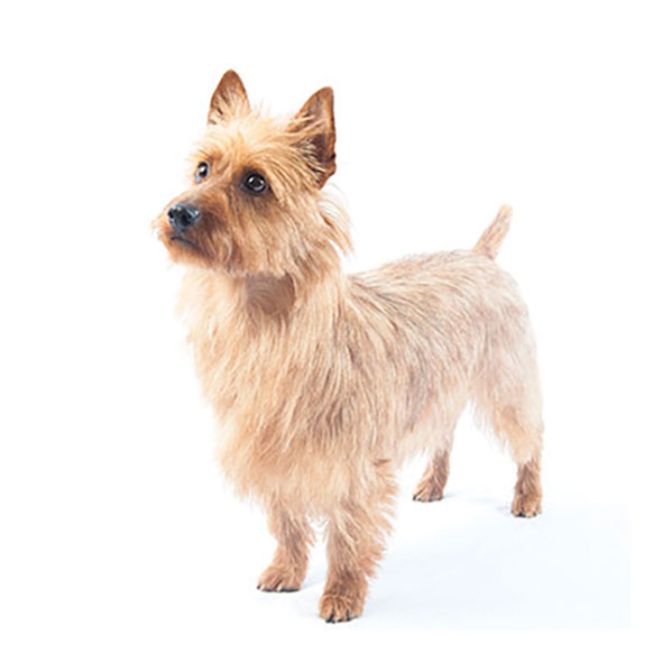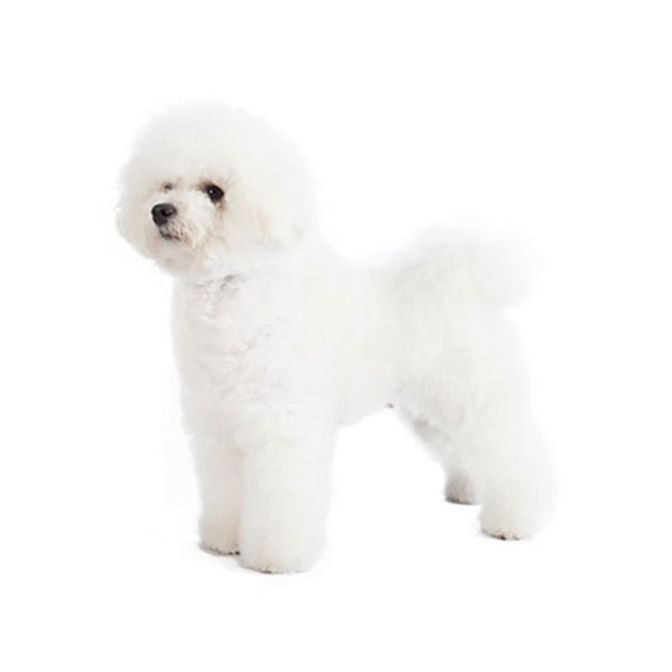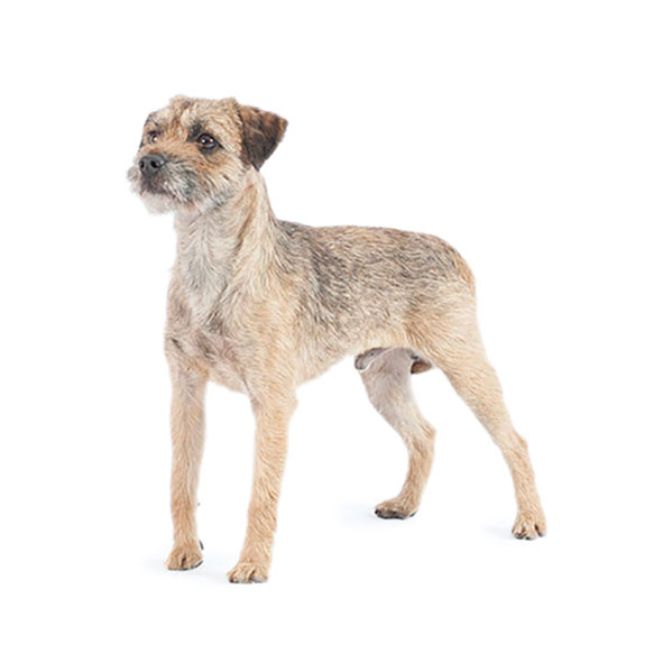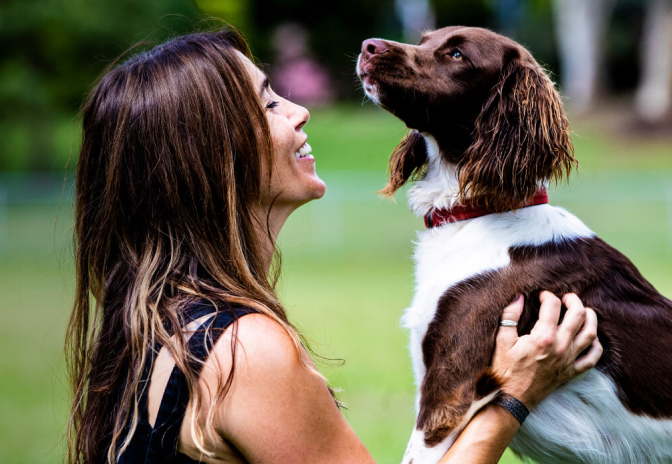Basenji
Medium
Smooth
The female Basenji averages 40cm tall at the withers and the male is slightly larger at 43cm.
High
The female Basenji weighs in at 9.5 kg while the male at 11 kg.
Agility, Field Trials, Hunting Tests, Conformation, Lure Coursing, Obedience
Basenjis are known for their cleanliness and often groom themselves like cats.
They are sometimes referred to as "the dog that doesn't bark," as their vocalizations are quite different from typical barking.
This breed is highly intelligent but can be stubborn, requiring consistent training and socialization.
